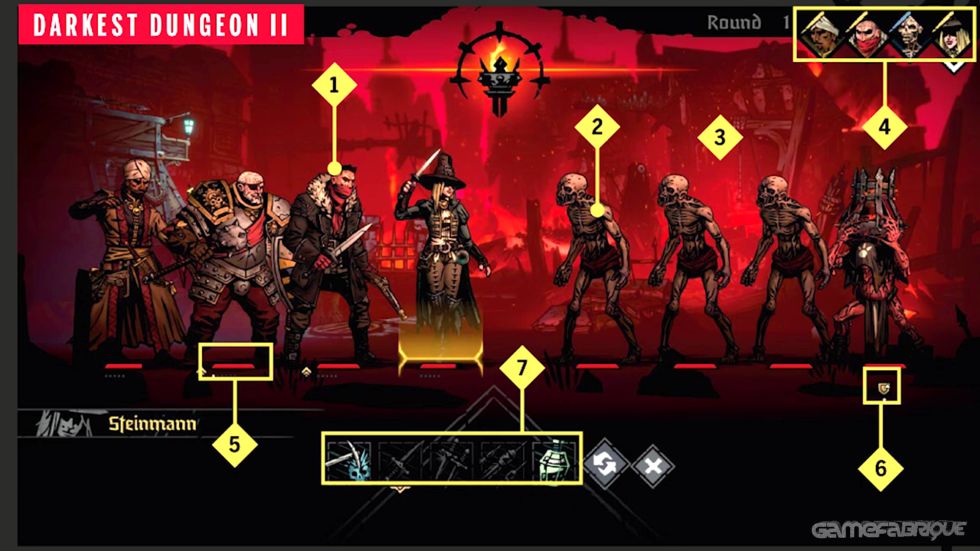

In fact, Darkest Dungeon reminded me a lot of that girl at high school who wasn’t at all into you. Before you load up the game you are reminded: …Darkest Dungeon! Credit: Geekdad Unlike the abhorrent ‘Firm but fair’ label that the Souls series has, Darkest Dungeon makes no bones about it’s ‘ugliness’. To paraphrase a pop star: I wanted it’s ugly, I wanted it’s disease. This wasn’t love in the traditional sense. Lets get this out of the way first I love Red Hooks’ Darkest Dungeon. So how do video games, an inherently interactive medium, make us believe and engage with these characters to the point where we take responsibility for them? I believe one recent game has tackled character building in a way that is both natural, but also ludic in the way that those character traits impact gameplay. Interestingly, however, as far as perspective taking is concerned, the ‘pleasure of role-taking’ must rely on the role being one that is interesting. Neither is better or worse than the other, they simply scratch different itches. Your ‘create-a-character’ is attributed to spontaneous fun, whereas a perspective taken character such as Geralt of Rivia is attributed to increased emotional identification, a sense of responsibility, and the pleasure of taking a role that is predefined, but not yourself. ‘Conversely, appreciation experiences were found to be a function of player perspective-taking both in terms of increased identification with and a sense of responsibility over the on-screen character, and might represent a ‘pleasure of cognition’ (or more accurately, role-taking), as appreciation experiences were associated with increased feelings of responsibility’ In other words, such an orientation usually engenders a focus on the ludic’ ‘the gamer approaches their on-screen character less as a social agent or person and more as a game-piece or tool for gameplay.

In it, the ‘Create-a-Character’ (Avatar ) was compared with ‘Role Play'(Perspective) in regards to play experience and the below conclusion was made: The Journal of Gaming and Virtual Worlds featured a very important study titled In control or in their shoes? How character attachment differentially influences video game enjoyment and appreciation.


 0 kommentar(er)
0 kommentar(er)
